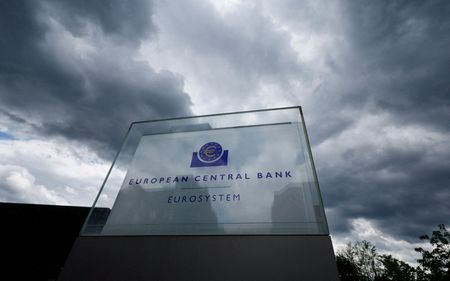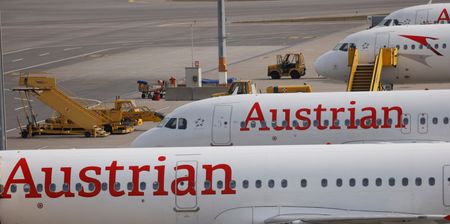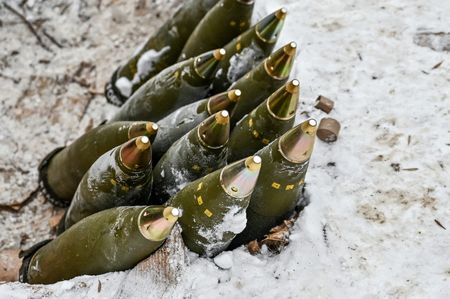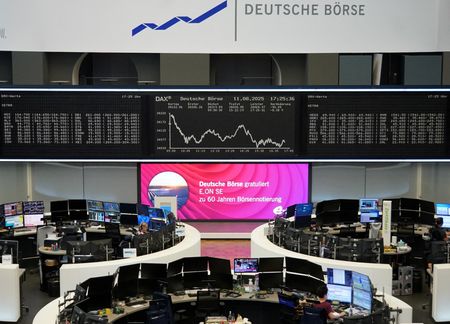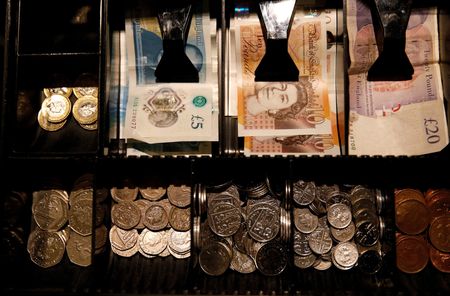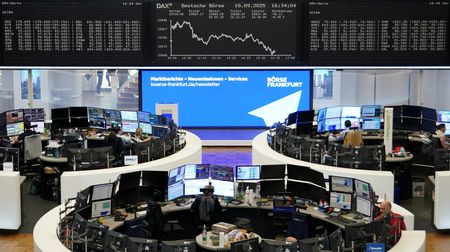FRANKFURT (Reuters) – European Central Bank policymakers were keeping their options open on Friday about possible future interest rate cuts, flagging an uncertain outlook for trade, energy prices and foreign exchange rates.
The European Central Bank left interest rates unchanged on Thursday and maintained an upbeat view on growth and inflation, leading traders to cut their expectations for any further reductions in borrowing costs.
But a number of policymakers speaking on Friday hinted that the debate was far from over even now that the ECB has halved its policy rate to 2% from 4% in the space of a year.
“There is no predetermined path but another rate cut is entirely possible at the coming meetings,” France’s central bank governor Francois Villeroy de Galhau told TV station BFM Business.
Finland’s Olli Rehn — who like Villeroy is often among the ECB’s doves, as policymakers who favour lower rates are known — also said downside risks to inflation that stem from cheaper energy and a stronger euro should not be underestimated.
The ECB’s latest projections, published on Thursday, see inflation falling from around 2% currently to 1.7% next year and 1.9% in 2027.
Latvian central bank governor Martins Kazaks singled out the ECB’s December meeting, when those projections will be updated, as “rich” in information to determine whether inflation was straying from the bank’s 2% target.
He warned of risks such as a possible delay to the European Union’s new carbon trading system, which adds some 0.3 percentage points to the ECB’s inflation projections, potentially “deflationary” Chinese imports and a stronger euro.
Austria’s new central bank governor Martin Kocher also said it was too early to say whether the ECB’s rate-cutting cycle was over and the central bank would decide what to do at each meeting based on the available data.
Money markets showed the ECB was unlikely to reduce borrowing costs any time soon, with only a slight chance of a further cut towards next summer.
(Reporting by Francesco Canepa in Frankfurt, Elviira Luoma and Essi Lehto in Helsinki, Dominique Vidalon in Paris and Francois Murphy in Vienna)

